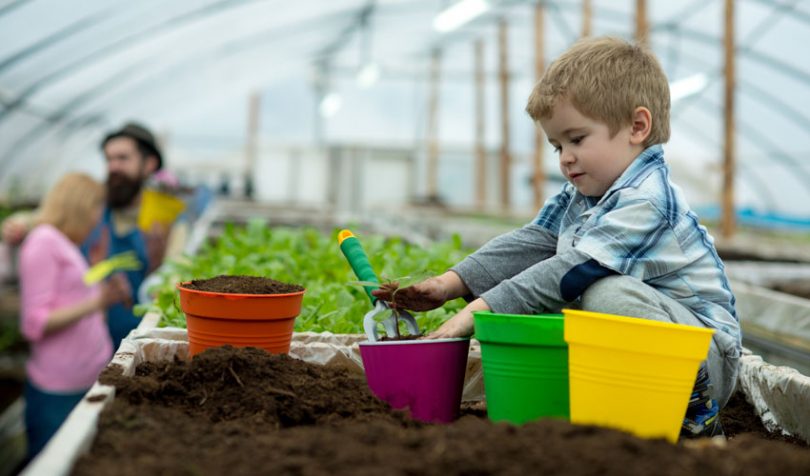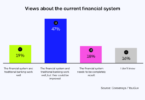Ethereum blockchain studio Consensys announced it has developed a charity platform along with the World Wildlife Fund (WWF). Dubbed as Impactio, the project will enable charity project curation and funding using Ethereum. Currently in the pilot stage, the initiative will use tokens to determine the viability of charity projects.
In 2015, about 193 countries signed up for Sustainable Development Goals (SDGs) prescribed by the UN. However, the problem is that not all projects are efficient, and there is a disparity between the funding provided and its actual impact. Law firm Nolo reported that 75% to 85% of NGOs were improperly allocating their expenses. Consensys highlighted that there is a $2.5 trillion gap to meet SDGs.
“What is lacking is a robust mechanism for linking these private dollars to viable, large-scale, SDG-advancing projects,” said Julia Fetherston, Principal at The Boston Consulting Group.
The ultimate goal of Impactio is to ensure that non-profit activities align with the goals of the backers. If several charities do similar things in the same region, this initiative should filter out duplication of effort.
What is Impactio?
This is where Impactio aims to add transparency and efficiency to the system. The platform brings together several stakeholders such as project leaders, subject matter experts, NGOs and donors.
First, project leaders will submit their ideas on the platform. Subject matter experts will act as curators and use Impactio Tokens they’ve been issued with to vote on charity projects. Projects will either be accepted or rejected depending on the votes.
The platform uses a system similar to Token Curated Registry (TCR) to curate a list of high-impact, high-potential projects to present to potential funders. Experts can also provide feedback to project owners to increase the chances of the fruition of a charity project.
Impactio thus makes it easier for donors to determine where to invest their money.
There is the question of governance. Who gets to pick the subject matter experts? Imapctio’s website states that for the pilot “curators for the Impactio Future Cities Challenge are invite only from the WWF-Australia and ConsenSys networks”.
How is it different?
Blockchain for charity has been trialed in the past, but largely for impact assessment. Recently, China’s Alibaba Group launched a blockchain-based platform called ‘Charities on the Chain’. The platform aims to provide transparency on where the donor’s money is being used.
In Germany, Deutsche Bahn is using blockchain for track-and-trace of donations for charities.
Meanwhile, Consensys’ Impactio takes a different approach and introduces distributed decision making for initiating charity projects. The company is using tokens to determine which projects are worthy with an assessment of their impact.
“There are a whole bunch of people who have great ideas, a whole bunch of people who want to invest in projects, and a whole bunch of subject-matter experts scattered all around the world. You need a trustworthy platform to serve as sort of a magnet for all these different actors,” ConsenSys CEO Lubin told Observer.






